Dmitri Hvorostovsky - Songs Of Love And Desire (1994)
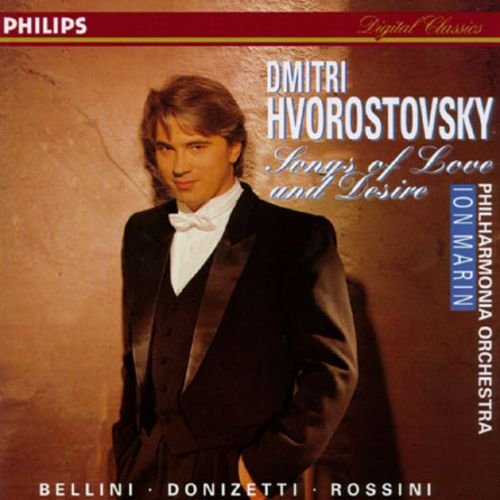
Artist: Dmitri Hvorostovsky, Philharmonia Orchestra, Ion Marin
Title: Songs Of Love And Desire
Year Of Release: 1994
Label: Philips
Genre: Classical
Quality: APE (image + .cue)
Total Time: 52:08 min
Total Size: 191 MB
WebSite: Album Preview
Tracklist:Title: Songs Of Love And Desire
Year Of Release: 1994
Label: Philips
Genre: Classical
Quality: APE (image + .cue)
Total Time: 52:08 min
Total Size: 191 MB
WebSite: Album Preview
01. Rossini - Il barbiere di Siviglia: Largo al factotum
02. Donizetti - La Favorita: Leonora
03. Donizetti - Il Duca d'Alba: Nei miei superbi gaudi
04. Donizetti - La Favorita: A tanto amor, Leonora
05. Donizetti - Poliuto: Di tua beltade immagine
06. Bellini - Il pirata: Si, vincemmo
07. Donizetti - L'eliser d'amoure: Come Paride vezzoso
08. Donizetti - Don Pasquale: Bella siccome un angelo
09. Rossini - Guglielmo Tell: Resta immobile
10. Bellini - I Puritani: Ah! Per Sempre Io Ti Perdei
11. Donizetti - Don Sebastiano, Re del Portogallo: O Lisbona, alfin ti miro
12. Donizetti - Lucia di Lammermoor: Cruda, funesta smania
Known for captivating song recitals, lyrical performances of Verdi baritone roles, and, not least of all, his striking silver hair, Dmitri Hvorostovsky enjoyed an A-list career beginning in the early 1990s. His brilliant, yet deceptively dark-hued voice was the embodiment of chiaroscuro, and the combination of vocal polish and emotion that he brought to his performances made him an audience favorite.
Having grown up, studied, and debuted (as Marullo in Rigoletto) in his hometown of Krasnoyarsk, he took top honors at the 1987 Glinka National Competition, the 1988 Toulouse Singing Competition, and then the 1989 Cardiff Singer of the World competition. The last of these, in which he edged out both the meteoric Bryn Terfel and Monica Groop for the win, launched him into the spotlight and led to his western operatic debut, as Yeletsky in Tchaikovsky's The Queen of Spades in Nice. The next several years brought debut recitals in London and New York, his Italian debut as Eugene Onegin at the famous La Fenice, and engagements at Covent Garden, the Metropolitan Opera, the Chicago Lyric Opera, and the Berlin State Opera. His first solo recording contract, with Philips, began in the early 1990s, as well; the artistic and commercial success of his first several CDs, and the explosion of his operatic and concert schedule around the world, sent his career into high gear.
Although he was closely identified with the roles of Eugene Onegin and Yeletsky (The Queen of Spades), Hvorostovsky's operatic repertory was centered on Italian works more so than Russian; in the early 2000s, he began to explore new Russian territory, like Prokofiev's War and Peace, but in general he felt Russian roles called for a gruffer, less lyrical voice than his. He is known best for his performances as the elder Germont in La Traviata, Posa in Don Carlos, Don Giovanni, and Rossini's Figaro. However, as a recitalist, Hvorostovsky was always intensely focused on Russian song, making moody, dramatic works of Rachmaninov, Tchaikovsky, Rimsky-Korsakov, Glinka, and Mussorgsky the centerpieces of his performances. With his longtime collaborator Mikhail Arkadiev at the piano, Hvorostovsky established himself as one of the finest singers of that repertory anywhere in the world. The special nature of that collaboration was honored by Russian composer Georgy Sviridov in 1995, when he dedicated his vocal poem Petersburg to Hvorostovsky and Arkadiev; the two remained champions of his music. In the early 21st century, Hvorostovsky devoted himself more and more to Verdi roles. Hvorostovsky died from brain cancer at the age of 55. ~ Allen Schrott
Having grown up, studied, and debuted (as Marullo in Rigoletto) in his hometown of Krasnoyarsk, he took top honors at the 1987 Glinka National Competition, the 1988 Toulouse Singing Competition, and then the 1989 Cardiff Singer of the World competition. The last of these, in which he edged out both the meteoric Bryn Terfel and Monica Groop for the win, launched him into the spotlight and led to his western operatic debut, as Yeletsky in Tchaikovsky's The Queen of Spades in Nice. The next several years brought debut recitals in London and New York, his Italian debut as Eugene Onegin at the famous La Fenice, and engagements at Covent Garden, the Metropolitan Opera, the Chicago Lyric Opera, and the Berlin State Opera. His first solo recording contract, with Philips, began in the early 1990s, as well; the artistic and commercial success of his first several CDs, and the explosion of his operatic and concert schedule around the world, sent his career into high gear.
Although he was closely identified with the roles of Eugene Onegin and Yeletsky (The Queen of Spades), Hvorostovsky's operatic repertory was centered on Italian works more so than Russian; in the early 2000s, he began to explore new Russian territory, like Prokofiev's War and Peace, but in general he felt Russian roles called for a gruffer, less lyrical voice than his. He is known best for his performances as the elder Germont in La Traviata, Posa in Don Carlos, Don Giovanni, and Rossini's Figaro. However, as a recitalist, Hvorostovsky was always intensely focused on Russian song, making moody, dramatic works of Rachmaninov, Tchaikovsky, Rimsky-Korsakov, Glinka, and Mussorgsky the centerpieces of his performances. With his longtime collaborator Mikhail Arkadiev at the piano, Hvorostovsky established himself as one of the finest singers of that repertory anywhere in the world. The special nature of that collaboration was honored by Russian composer Georgy Sviridov in 1995, when he dedicated his vocal poem Petersburg to Hvorostovsky and Arkadiev; the two remained champions of his music. In the early 21st century, Hvorostovsky devoted himself more and more to Verdi roles. Hvorostovsky died from brain cancer at the age of 55. ~ Allen Schrott
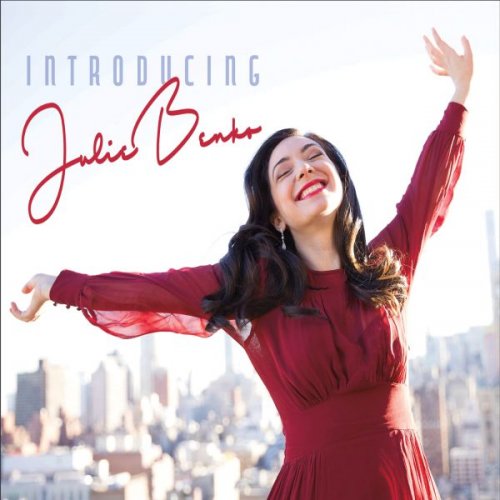
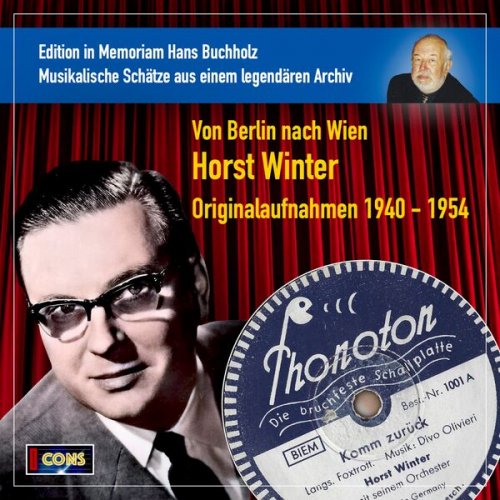
![Batsumi - Batsumi (2021) [Hi-Res] Batsumi - Batsumi (2021) [Hi-Res]](https://www.dibpic.com/uploads/posts/2021-06/1623332057_1280x1280.jpg)
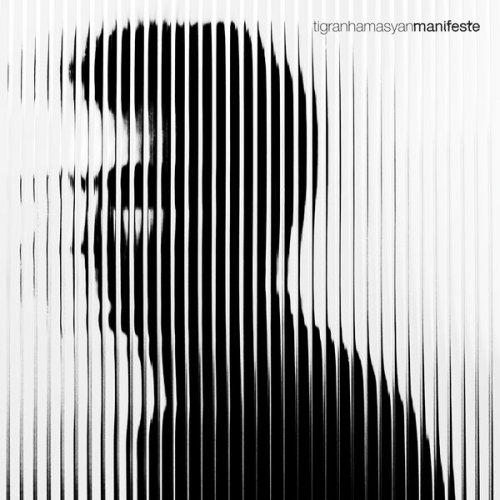
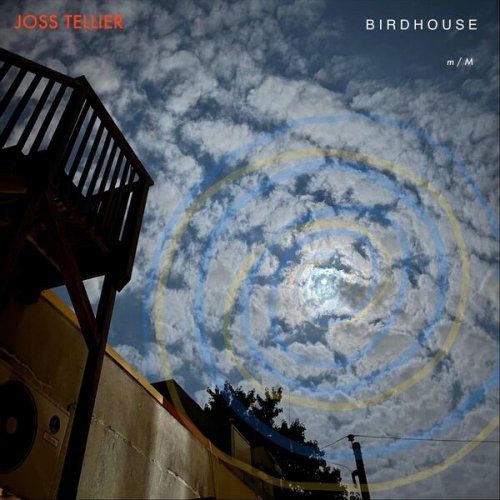
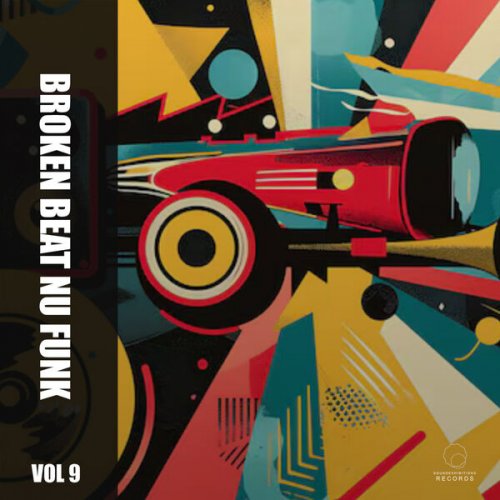
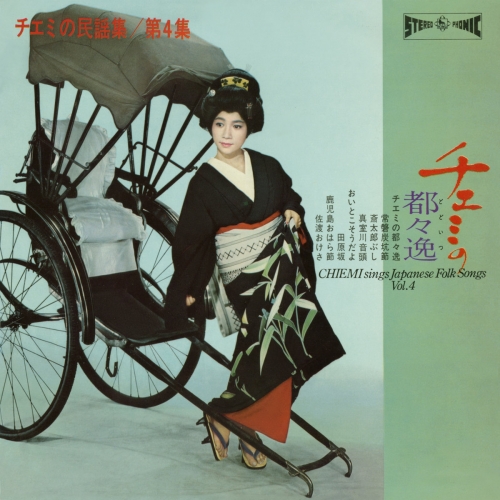
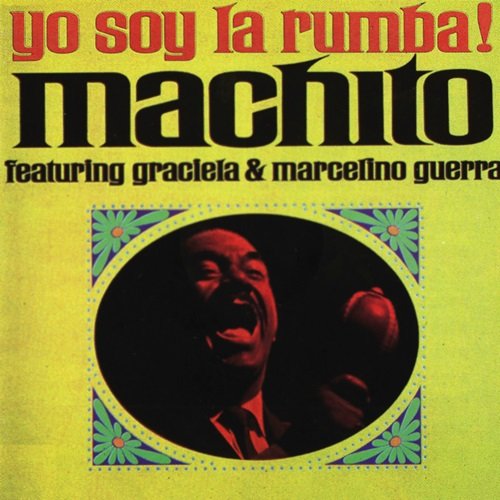
![Robert Jukic - Res Publica (2023) [Hi-Res] Robert Jukic - Res Publica (2023) [Hi-Res]](https://img.israbox.com/img/2026-02/09/mklto26c4c319bic6rmpb8kyz.jpg)